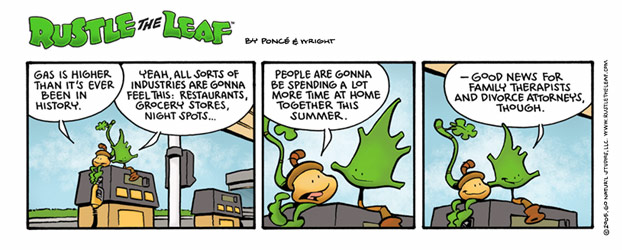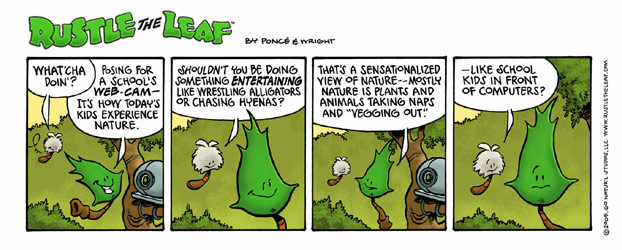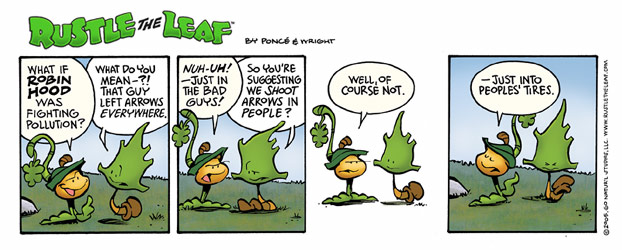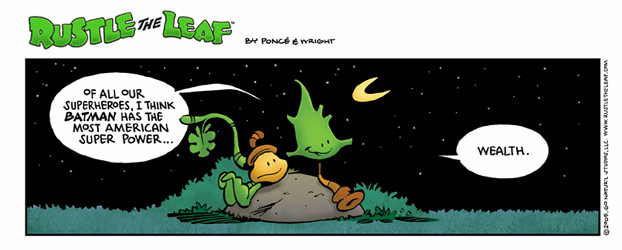
Wow, yesterday's post about
why everyone should keep chickens got a lot of responses. As Steve said, people seem to want to know more about chickens. I had a lot of the same questions
when I got started.
steve said...
what about noise? are they loud? we have a backyard but we have lots of close neighbors. i don't want the chickens waking everyone up (though i don't know why i care...my neighbors have no problems letting their dogs out at 4am to raise all hell).
Nope. Cockerels are noisy, but you don't need one unless you're planning to breed your own chicks. Hens are pretty quiet, they just make this soft clucking occasionally which is very charming. Incidentally, if you have loads of space and you do want a cockerel, you can still eat the fertilised eggs. As long as you collect them promptly and don't let the hens sit on them and incubate them, they're indistinguishable from unfertilised eggs.
You might have heard that eggs with a spot of blood are the fertilised ones? Nope, that's a myth. Some eggs have spots of blood that's all, whether fertilised or unfertilised. Really, there's no way of telling fertilised from unfertilised eggs unless you have access to a lab.
Anonymous said...
Uh, you forgot the number one reason (which is a huge oversight given you repeat reasons to make a "top ten" list), which is that they eat all your kitchen scraps and turn them into eggs.
Actually in the UK it is illegal to feed catering waste to farmed animals. Catering waste is defined as any food which has been in a human kitchen, including domestic kitchens, and vegetarian kitchens. Farmed animals are defined as any animal which is normally farmed, even when they are kept as pets.
So if you feed carrot peelings to your free range backyard chickens you are a criminal. But if you keep thousands of chickens in a warehouse with no windows but with electric lights on 24 hours a day, each one in a box the size of a sheet of A4 paper so their feet dissolve from their own shit, and cut all their beaks off with a hot wire to stop them pecking each other to death, that's perfectly OK.
billy said...
You wait until one falls ill and you take it to the vets and it costs you twenty quid and dies anyway. . .
That never happens with guinea pigs does it?
Then there is the tears when the fox gets one. Then you breed and get seven cockerels. . .
I know we have foxes in our area because I've seen them. A guy down the road feeds them. They've never taken any of our chickens yet (touch wood). But I expect they will one day,
c'est la vie. When that happens I'll decide whether the mess and upset makes it not worth carrying on. But from a economical point of view the hens have already paid their way, so even if I had to replace them once a year due to fox losses it would still be worth it.
I'm not breeding them and I don't recommend you breed them either unless you know all about it and have a plan for what do do with all the cocks. I'm talking about keeping backyard hens for eggs. Breeding, showing, preserving rare breeds, and rearing for meat are all very different operations. That's not what I'm talking about.
Guinea pigs are much less trouble and several times more intelligent than a chicken!
You'll get no argument from me there! But you don't get the eggs, do you. I'll stick with my chickens.
There were more questions and I'll deal with them in the next post. In the meantime you might want to look at the
Omlet website. I found it very helpful for answering my questions and allaying any fears when I got started. The Omlet products were too pricey for me, although they look good quality. We cobbled our own henhouse and run out of materials we had to hand, which kept the cost to almost nothing. I'll cover that in a future post as well.
Links to
Part 2 and
Part 3
 (In homage to http://www.compostbin.blogspot.com/)
(In homage to http://www.compostbin.blogspot.com/) 




































